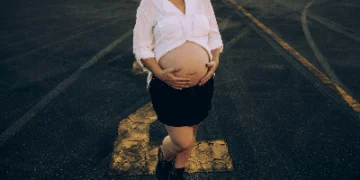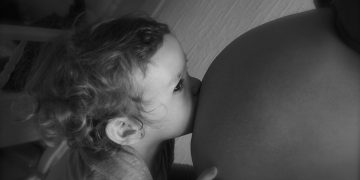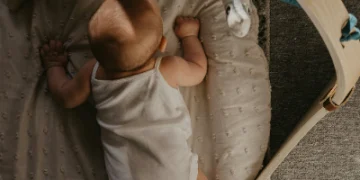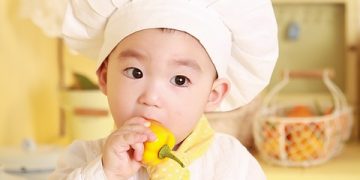Language acquisition in toddlers is a fascinating phase of early development, marking a period where young children rapidly absorb and begin using words, forming sentences, and comprehending complex language structures. This transformative period lays the foundation for future communication skills and cognitive development. In this article, we will delve into the process of toddler language development, addressing common parenting questions and offering insights into how toddlers learn to communicate effectively.
Understanding the Basics of Toddler Language Development
Toddler language acquisition typically begins to flourish between the ages of 18 months and three years. During this period, most toddlers evolve from uttering single words to constructing simple sentences and questions. Language development includes both expressive language (the ability to convey messages) and receptive language (the ability to understand information).
The pace at which toddlers develop language skills can vary significantly due to factors such as genetics, environment, and interaction with caregivers. Engaging actively with your toddler by reading, talking, and playing can significantly enhance their language skills.
Key Stages of Language Acquisition in Toddlers

Language acquisition during toddlerhood can be broadly segmented into several critical stages:
- Pre-linguistic Stage: Before developing verbal skills, toddlers communicate through gestures, facial expressions, and babbling.
- Single-word Stage: Around the age of one, most toddlers begin to articulate single words. These words often refer to familiar objects, important people, or significant activities.
- Two-word Stage: By approximately two years old, toddlers start combining two words, like “more juice” or “mommy go,” which demonstrate their understanding of sentence structure.
- Telegraphic Speech: This phase involves toddlers crafting rudimentary sentences that lack grammatical correctness but convey the intended message, for example, “Daddy car home.”
- Early Grammar Development: By the age of three, toddlers begin using basic grammatical structures, though errors are common as they grasp the rules of language.
Enhancing Toddler Language Skills: Tips for Parents and Caregivers
Parents and caregivers play an invaluable role in nurturing a toddler’s language abilities. Here are some effective strategies to support this developmental phase:
- Engage in Daily Conversations: Regular interaction through talking and listening is crucial. Describe your actions, discuss what you see, and focus on what your child is interested in.
- Read Together: Reading books appropriate for their age can help expand their vocabulary and understanding of sentence structure. Make reading an interactive activity by asking questions and encouraging your toddler to describe pictures.
- Play Language-rich Games: Games like “I Spy,” simple puzzles, and role-playing can stimulate language use and comprehension.
- Sing Songs and Recite Nursery Rhymes: Music and rhymes enhance linguistic rhythm and phonemic awareness, facilitating better pronunciation and articulation.
- Provide Feedback: Instead of correcting your toddler’s mistakes, expand on their utterances with the correct usage to model proper speech.
Frequently Asked Questions
When Should I Worry About My Toddler’s Language Development?
If by the age of two, your toddler is not using at least 50 words or combining any words into simple phrases, it may be prudent to discuss your observations with a pediatrician. Early intervention can address potential developmental delays effectively.
Does Screen Time Affect Language Development?
Excessive screen time can impede a toddler’s language development. Interactive, unstructured playtime and face-to-face interaction are significantly more beneficial for developing verbal and non-verbal communication skills.
How Can I Support a Bilingual Child’s Language Development?
Supporting bilingualism from a young age involves consistency and patience. Speak both languages regularly, and provide equal exposure to each language through books, music, and conversations to foster balanced language acquisition.
Conclusion
The journey of language development in toddlers is both remarkable and crucial for their overall growth. By understanding the stages of language acquisition and actively participating in their linguistic environment, parents and caregivers can profoundly influence their child’s communication skills. With dedicated effort and informed strategies, you can help lay a strong foundation for your toddler’s future learning and interactions.
Embrace this special time of growth, as each new word and sentence your toddler learns is a stepping stone to a world of vibrant communication and understanding.







































